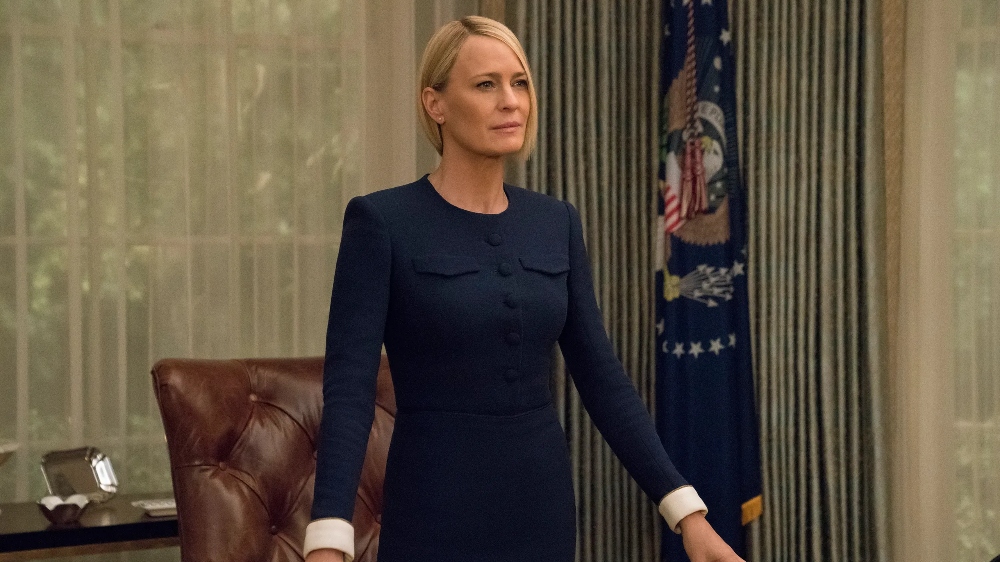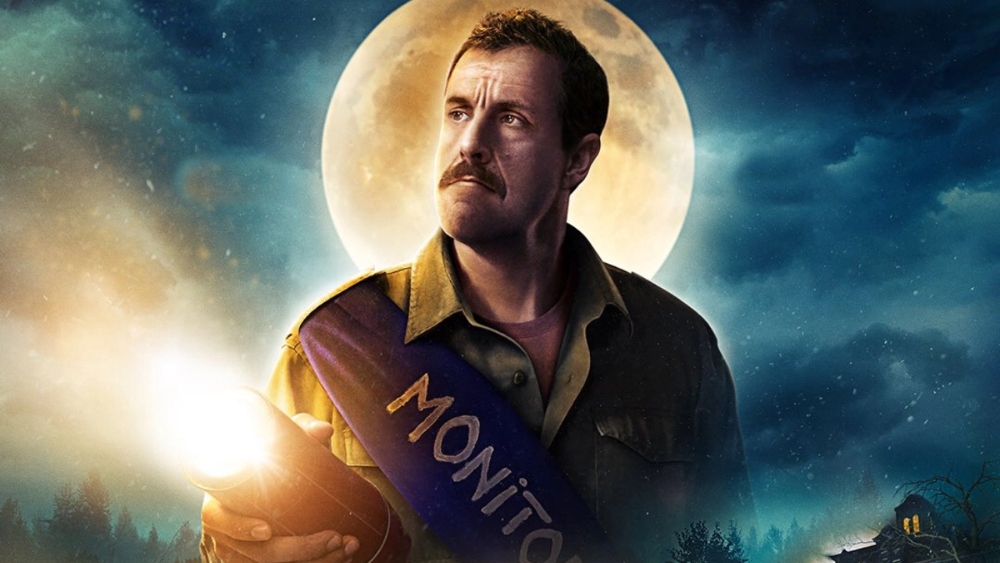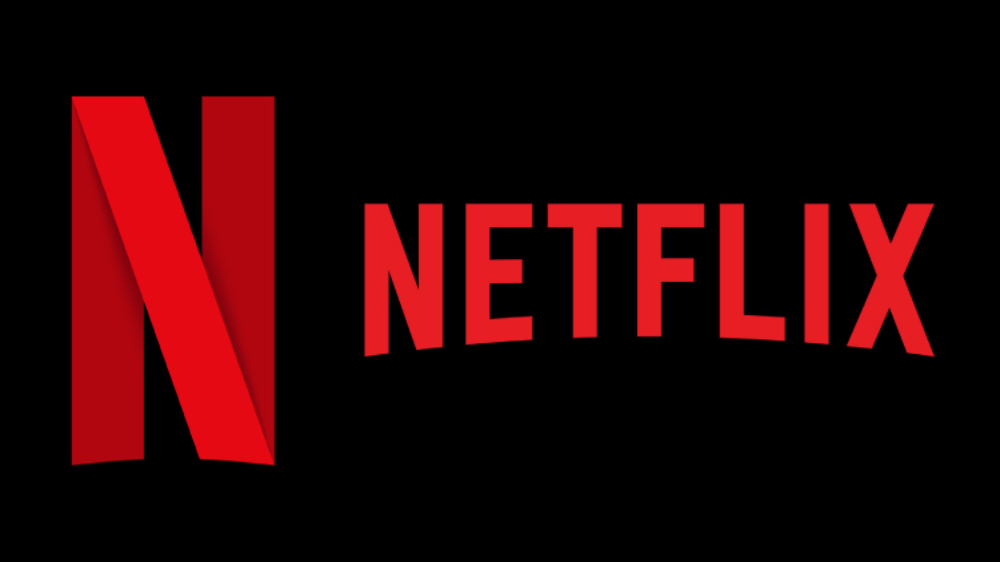If you’ve been paying any attention whatsoever to this space over the last year or so, you will recall that there have been a few mentions of Netflix and the inevitability of its decline. From the start, I never believed that its business model was sustainable, simply because it called for an ever-increasing number of subscribers to feed the multi-billion dollar beast. Subscribers that don’t exist, primarily because there is not an unlimited number of people on the planet.
And yet, that was how the Netflix model operated. Keep throwing money at programming knowing that the subscribers would be there, and more every month, even though it was not possible to continue that level of growth. The cavalier attitude with which it tossed dough around was okay, they said, because the model supports it. Each month, another million or so people would sign up for Netflix, and then another country or territory would be added, and then, China! And with it, hundreds of millions more potential subscribers and more opportunities to create programming for a specific audience.
The model was one that worked well enough for long enough, but Ted Sarandos and the Netflix team acted as if the ride was never going to end. Numbers were never going to stop rising! Money was never going to stop flowing in! Having billions of dollars in debt was no problem because the influx of monthly dollars would eventually make up for it!
But, if there was any doubt that this wasn’t remotely possible, that pipe dream ended last week, when Netflix announced that it had shed 200,000 subscribers right after ridding itself of 700,000 in Russia due to the war in Ukraine. The Russian loss was no big deal, as that was seen as good business, but the loss of the 200K elsewhere was enough to get the alarms bells clanging, and the market reacted accordingly, with the stock price taking a 25 percent dive.
This, on the heels of an announcement that Netflix is cracking down on password sharing while also finally going back on its pledge to never use advertising, and will now offer cheaper subscriptions that would include the ads. People went about as bananas as you would expect, swearing that they would die before they would allow ads on their Netflix account, perhaps not taking into account that they wouldn’t actually have to — that this would be a choice and, if the consumer made that choice, Netflix would actually cost less, but that’s beside the point.
The fact that Netflix feels it has to make this move, bringing in ads and a lower-cost model in an effort to generate badly needed revenue, is pretty much belting out its desperation to the back row. It’s a desperation that has been building for years, no matter what the company claims, because the streamer’s scattershot programming strategy has given viewers increasingly diminished returns.

When Netflix was the first real streaming service, it used a lot of licensed programming to get people on the service, and after it began spending money on original content — starting with David Fincher’s remake of the British series House of Cards — it began throwing untold numbers of dollars at creating as much programming as it could for as many different potential viewers as it could. With an infinite number of hours to fill, an inordinate number of series and movies was needed. So Netflix just started throwing stuff against the wall to see what stuck.
Therein lay part of the problem.
Can you honestly say what a Netflix Show is? Hulu, HBO Max, Disney+, and even Peacock all seem to have a sense of similarity to their programming, but not Netflix, which is all over the place. It has always tried to appeal to literally everyone, whatever it took to keep people glued to its service. But that has come back to haunt the company, with the overall quality of both its TV shows and movies suffering as a result. The movie side has been especially rough of late. While Netflix does release its share of awards contenders, from Roma and The Irishman to last year’s tick, tick … BOOM! and The Power of the Dog, these are terribly outnumbered by the cannon fodder that is meant to fill up hours — cookie-cutter movies that are forgettable the moment the end credits roll. Often even before that. Not that you ever get to watch the end credits on Netflix anyway.
So where does Netflix go from here? Especially since it is expected to lose another couple million subs over the next few months? Well, it’s going to have to spend less money, which is bad for the streamer and bad for an industry that has seen so many cutbacks of late. We’ve already started seeing cuts in marketing as well as editorial, as at least 10 writers who were paid quite well to create content for various Netflix verticals were let go this week, some mere months after they moved to California. Additional layoffs are inevitable as well, sadly.
Netflix is also going to have to find an identity. I actually think the advertising model might just draw some new subscribers who don’t want to pay 20 bucks per month for the service and won’t mind sitting through a few ads now and again. That would be a start.

The identity thing is key, though. Netflix can keep making Adam Sandler movies and cheap romantic comedies and melodramas to draw in a certain demographic, but it also needs to be more focused and decide if it wants to be a source of prestige cinema. More The Power of the Dog and less The Weekend Away. Really cater to the cinephiles who feel like they’ve been left out in the cold over the last few years. Or perhaps make the higher-brow mid-budget movies that the studios have stopped making because they’re too busy with tentpoles. Either way, a more focused approach may lead to an increase in quality, and with that, those lost subs will return and overall churn will slow.
But as with most things, there is a bigger picture here, too. When Netflix came out of the gate before everyone else and hit a home run, other streamers followed suit and mirrored the model. While the other services have mostly honed in on what works for them in a way that Netflix hasn’t, this should still be something of a giant red flag for them, too. If people are signing out of their Netflix accounts, what’s going to stop them from signing out of the other, smaller ones?
If you don’t have kids, Disney+ becomes expendable unless you have a desperate need to watch Marvel and Star Wars programming. HBO Max, Peacock, Paramount Plus, and Hulu don’t necessarily have big headlining series to draw people in and keep them there. Amazon is relatively light on programming, but it has the built-in advantage of having the world’s biggest online market to help keep people around, so the drawbacks don’t apply in the same way.
We’re living in belt-tightening times, and while the pandemic has trained us all to spend more and more time in front of our devices, it has also lessened our disposable income and forced us to be more careful in how it gets spent. Now that people are leaving Netflix in droves, what’s going to stop them from leaving a bunch of the others, too?
That might be alarmist, but it’s not ridiculous. I think all of the various streaming services will be busy watching their numbers over the next couple of months, hoping like hell they keep going up. Don’t be surprised, though, if they don’t.
 Neil Turitz is a journalist, essayist, author, and filmmaker who has worked in and written about Hollywood for nearly 25 years, though he has never lived there. These days, he splits his time between New York City and the Berkshires. He’s not on Twitter, but you can find him on Instagram @6wordreviews.
Neil Turitz is a journalist, essayist, author, and filmmaker who has worked in and written about Hollywood for nearly 25 years, though he has never lived there. These days, he splits his time between New York City and the Berkshires. He’s not on Twitter, but you can find him on Instagram @6wordreviews.
You can read a new installation of The Accidental Turitz every Wednesday, and all previous columns can be found here.






